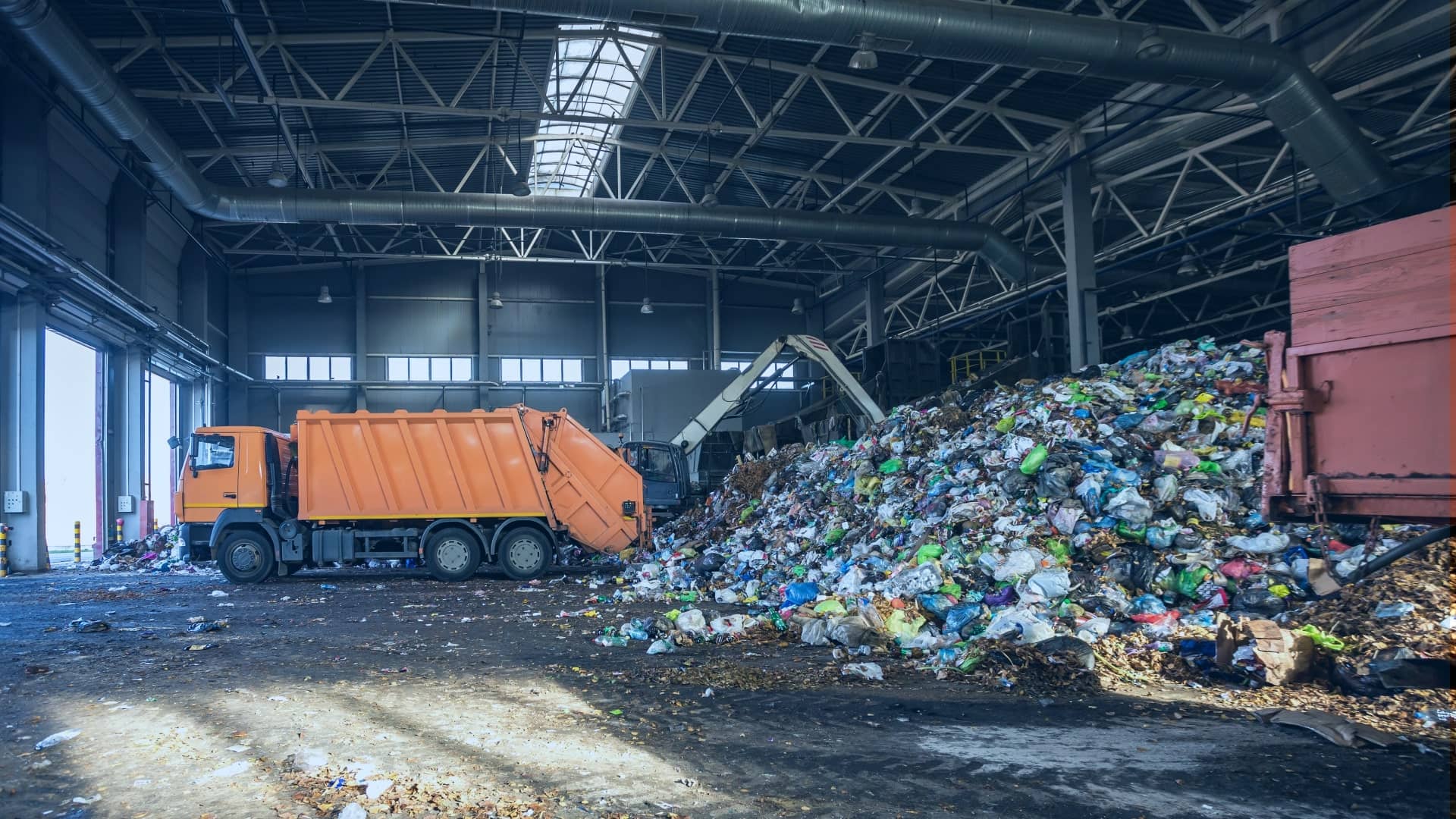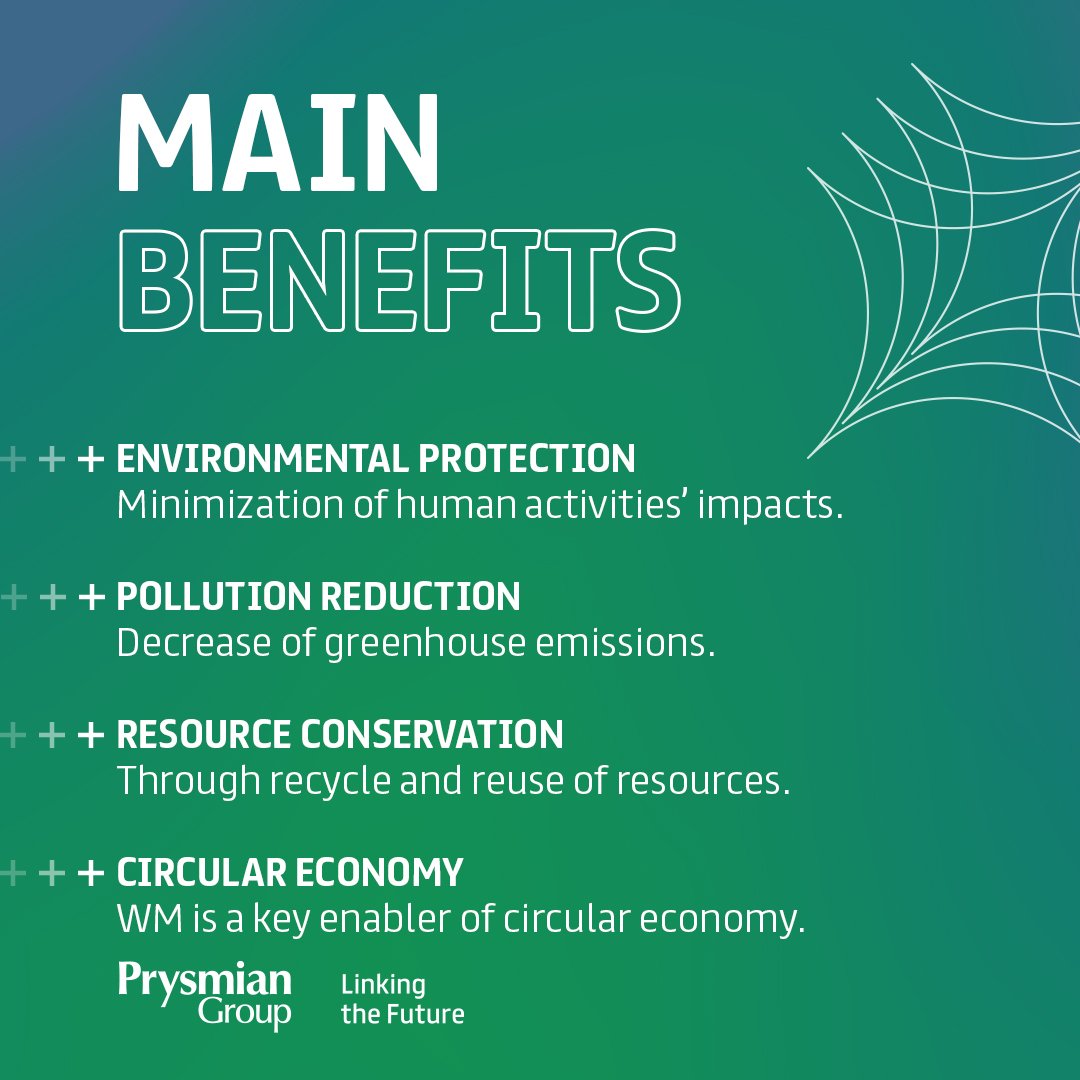Some Known Details About Reclaim Waste
Some Known Details About Reclaim Waste
Blog Article
Not known Factual Statements About Reclaim Waste
Table of ContentsExcitement About Reclaim WasteThe smart Trick of Reclaim Waste That Nobody is DiscussingThe Ultimate Guide To Reclaim WasteReclaim Waste Fundamentals ExplainedLittle Known Questions About Reclaim Waste.
Domestic sewer waste refers to the waste and products from a household septic container. The correct administration and disposal of residential sewage waste need fluid waste to be transferred to a sewer treatment plant where the proper methods and tools are applied to purify and dispose of waste.
Commercial waste frequently includes potential hazards, such as combustible materials or a combination of fluid and solid waste products, and calls for an advanced and in-depth disposal process. The disposal of industrial waste normally involves the filtering of waste before transport to guarantee safe and appropriate disposal. Industrial waste is created from results and overflow of commercial procedures and manufacturing.
This sort of waste can not make use of the exact same sewage monitoring transport or processes as septic or industrial fluids. The hazardous waste management procedure needs the evaluation and screening of liquid waste before it undergoes the disposal process (liquid waste removal). Overflow waste is the fluid waste that originates from overflow and excess stormwater in highly booming areas or cities
Drainage waste can create contamination and flooding if not taken care of appropriately. Learn much more regarding sewer cleansing and waste administration. Ensuring correct waste monitoring can avoid disasters and lower ecological harm. Both individuals in household setups and specialists in commercial or manufacturing sectors can profit from recognizing the procedures and regulations of liquid waste monitoring.
Some Ideas on Reclaim Waste You Should Know
Call PROS Services today to learn regarding our waste monitoring and disposal services and the proper ways to look after the fluid waste you create.
(https://anotepad.com/note/read/pkncyr85)Do you understand what happens to your water when you draw the plug, purge the bathroom or drain pipes the cleaning equipment? No? Well, it's worth understanding. This supposed 'wastewater' is not just a crucial resource but, after treatment, will certainly be released to our land, rivers or the sea. Used water from toilets, showers, bathrooms, kitchen area sinks, washings and industrial processes is called wastewater.

water used to cool equipment or clean plant and equipment). Stormwater, a type of wastewater, is drainage that streams from farming and metropolitan areas such as roofings, parks, yards, roadways, paths and seamless gutters right into stormwater drains pipes, after rain. Stormwater moves unattended directly to regional creeks or rivers, eventually getting to the ocean.
Not known Facts About Reclaim Waste
In Queensland, most wastewater is dealt with at sewer treatment plants. Wastewater is delivered from domestic or industrial sites with a system of sewers and pump stations, known as sewage reticulation, to a sewage therapy plant.
The Division of Natural Resources encourages city governments about managing, operating and keeping sewage systems and treatment plants. In unsewered areas, city governments might need homeowners to mount private or house sewage treatment systems to deal with domestic wastewater from commodes, kitchens, bathrooms and washings. The Department of Natural Resources authorizes the use of household systems when they are shown to be effective.
Most stormwater gets no treatment. In some brand-new communities, therapy of some stormwater to get rid of clutter, sand and crushed rock has started using gross pollutant catches. Wastewater treatment takes place in four stages: Removes solid matter. Bigger solids, such as plastics and other objects incorrectly released to drains, are eliminated when wastewater is gone through displays.
Wastewater then flows into big containers where solids resolve and are removed as sludge. Oil and scum are skimmed from the surface. Uses small living organisms knows as micro-organisms to break down and eliminate continuing to be liquified wastes and fine bits. Micro-organisms and wastes are integrated in the sludge. Eliminates nitrogen and phosphorus nutrients that can create algal blossoms in our waterways and intimidate aquatic life.
Not known Factual Statements About Reclaim Waste
Nutrient removal is not available at all sewer therapy plants due to the fact that it requires pricey specialized devices. Clear liquid effluent generated after therapy might still contain disease-causing micro-organisms look at more info - liquid waste removal melbourne.

This generally means wastewater has to be dealt with or contaminants eliminated prior to it can be released to rivers. The majority of wastewater moves into the sewerage system. Under the Act, city governments carry out approvals and licences for ecologically relevant activities (Ages) entailing wastewater releases that might have a local impact. The department administers authorizations and permits to Ages involving wastewater releases that might have a local or statewide effect.
How Reclaim Waste can Save You Time, Stress, and Money.
Tracking supplies accurate info concerning water high quality and can verify that licence problems are being satisfied. The info gotten via tracking provides the basis for making water quality decisions.
Report this page